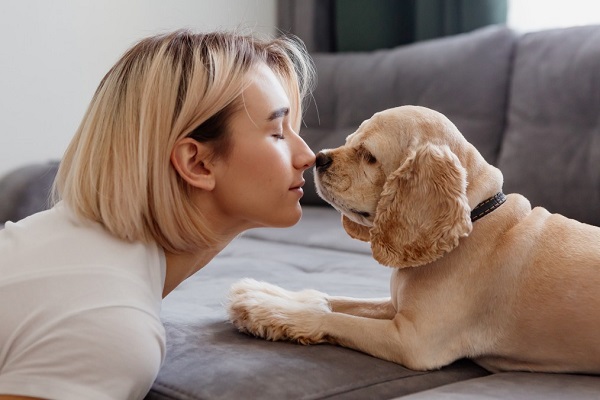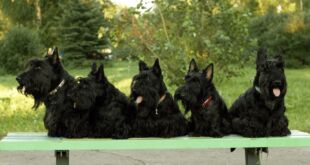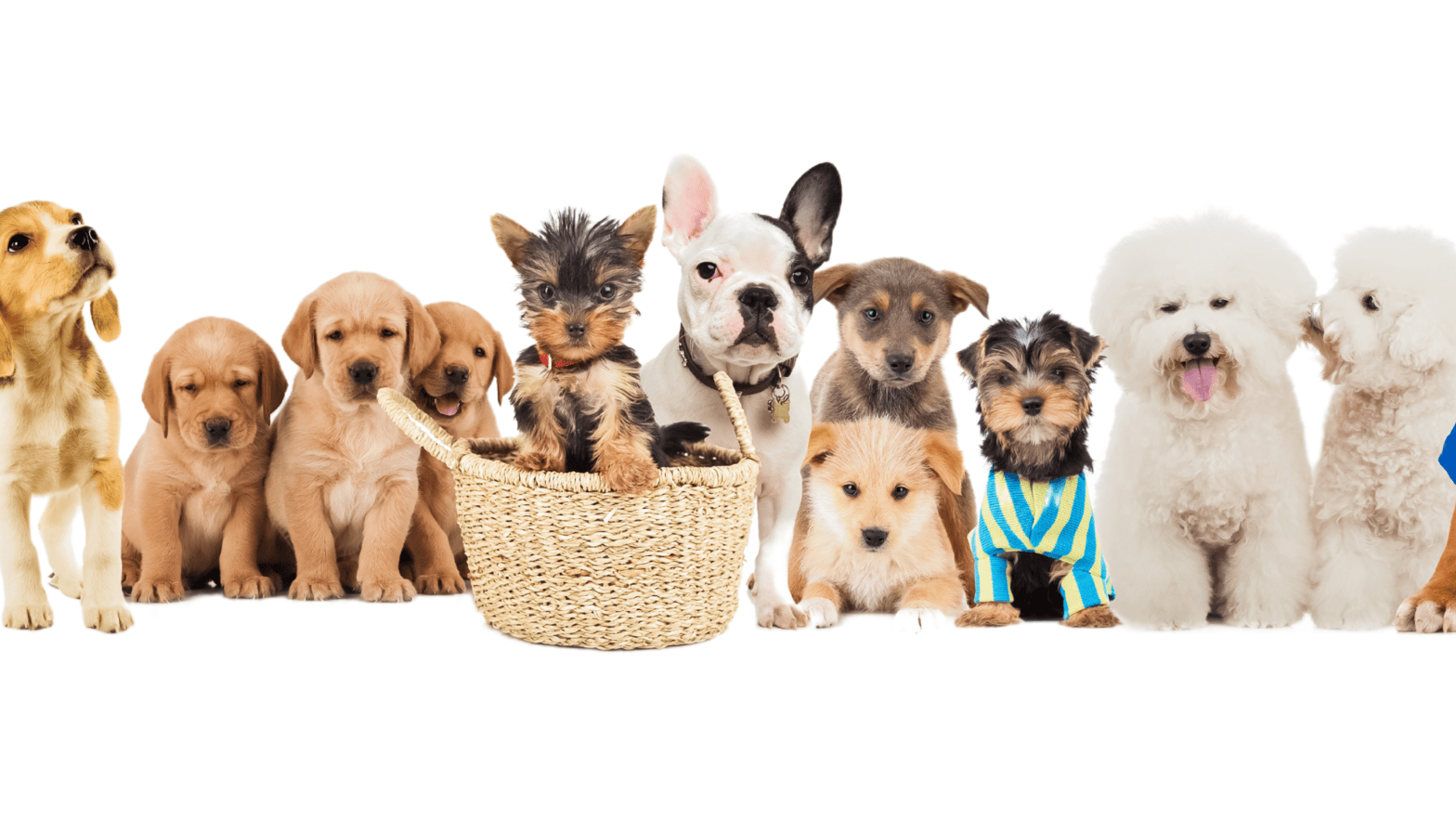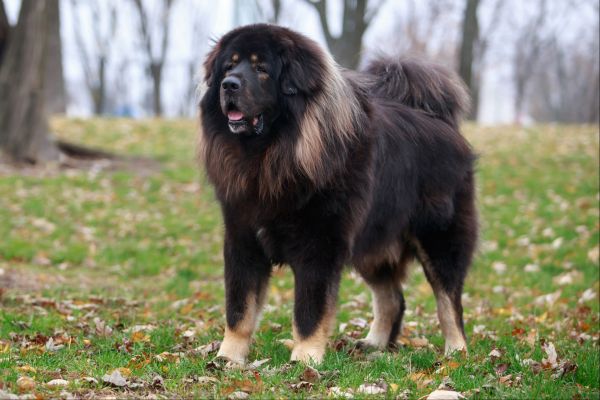A Cocker Spaniel is a high-energy and fun-loving furry friend for the entire family. They are happy dogs who are always interested in making their owners happy. As they are very eager to learn, they are also easy to train.
Their lovely silky coats make Cocker Spaniels in several colors, such as tan, brown, black, or white, and even a wonderful mix of all these colors. These are active pets and among the things they love doing is swimming.
Vital Statistics of Cocker Spaniels
They are of medium size with a long-haired coat that needs daily grooming. An hour of exercise is essential regularly. The life span of a cocker spaniel is about 12 years. They belong to the Gundog breed group and are playful, intelligent, and affectionate.
The temperament of Cocker Spaniel
Formerly they were bred as gundogs, and it is their instinct to work. They are loyal, intelligent, and willing to please. Cocker Spaniels are friendly, lively, and adaptable and can survive in all types of households with complete joy.
As Cocker Spaniels are kind and gentle, they are perfect for first-time dog owners. Being sociable, Spaniels form strong bonds quickly and even enjoy being in the company of other pets and people.
Read More: Four Things to Know About American Cocker Spaniels
Training and Exercise time
Cocker Spaniel training involves a lot of joy and fun as they are always willing to learn and are naturally intelligent animals. Positive reinforcement and obedience training are things to which they respond well.
If you want to ensure your Cocker Spaniel remains safe even while off the lead, you should consider beginning recall training alongside other puppy training from a young age. It will help encourage their good behavior.
Keeping them happy is not a big problem. Heavy handling and loud noises are things the dogs can be sensitive to. However, good socialization from an early age will help ensure they are used to unexpected events, such as attention from young children and busy environments.
Cocker Spaniels are curious, energetic, and intelligent dogs. So, they need a lot of playtimes and mental stimulation to ensure they do not make much mischief.
When a Cocker Spaniel gets bored, it can indulge in destructive or unwanted behavior such as chewing, whining, or scratching to release pent-up energy.
During the first six months of their life, Cocker Spaniel puppies need to be exercised gently, but soon after these initial months, you can plan to add longer and more fun-filled walks to the daily routine.
You need to begin slowly and introduce extra activities in small convenient steps. For example, vets suggest that adult Cocker Spaniels need to exercise for about an hour daily.
Play Ideas
The best activities for this clever and inquisitive breed entail mental stimulation. These dogs love interactive games such as fetch and even walking with lots of scents to explore. They are fond of time roaming freely. Make sure that the area you walk in is safe for your dog.
Common Cocker Spaniel Health Problems
Being a dog owner, you will want the best for your dog’s health so that it can live a happy and long life. Unfortunately, just like all breeds, Cocker Spaniels to are susceptible to some health conditions.
Read on to find some information on dog health issues to help you be more aware of the potential ailments and what to do if the problems arise.
Keratoconjunctivitis Sicca
Keratoconjunctivitis Sicca, or dry eye, is a common eye disorder in dogs. Dry eye occurs when your pet doesn’t produce enough tears, leading to chronic inflammation. Another painful but common eye irritation in dogs is corneal ulceration.
It happens when the outside of the cornea gets grazed because of scratches from spiky plants, animals, chemicals, heat, smoke, infection, or foreign material in the eye.
The treatment depends on the condition and severity of the eye ailment and may be needed for life to ensure the dog’s vision remains in good health. For example, corneal ulcers are treated with the help of eye drops and even surgery.
Ear problems in Dogs
Dogs are prone to different common ear diseases which can disturb the external ear flap. For example, a hematoma is a swelling filled with blood in the outer ear, and the ear canal gets irritated by allergies, grass seeds, parasites, or infections.
Irritation can progress to a condition called otitis, which is ear canal inflammation. Tumors and growths, blood disorders, and pancreatitis are other common problems.
Cocker Spaniel Grooming
A Cocker Spaniel’s flat, silky coat needs regular grooming. Daily gentle brushing can help you positively associate with your dog, keep the coat shiny and clean, and avoid matting. You can use the grooming sessions to ensure your dog’s ears don’t show signs of infection, like a foul smell or brown or black wax, as their long and heavy ears do not let proper air circulation in the ear canal.
You can also check for parasites or any lumps. Cocker Spaniels love swimming, resulting in mud clinging to their bodies.
So, giving a bath with proper dog shampoo is very important. It would help in limiting skin allergies. Brushing your dog’s teeth regularly is crucial, as this can help prevent the formation of plaque and tartar and help keep their gums healthy.
Cocker Spaniel Nutrition
Cocker spaniels love food and share a special bond with the caregiver who feeds them. So keeping a check on your dog’s weight is a good idea. Vets suggest a high-quality and nutritious pet food diet.
Conclusion
When you know all the significant facts about Cocker Spaniels, you can give them good nutrition, take care of their health, avoid problems and treat their ailments in the best possible way.

 DogExpress
DogExpress





















 in Chandigarh, India.
in Chandigarh, India. 
